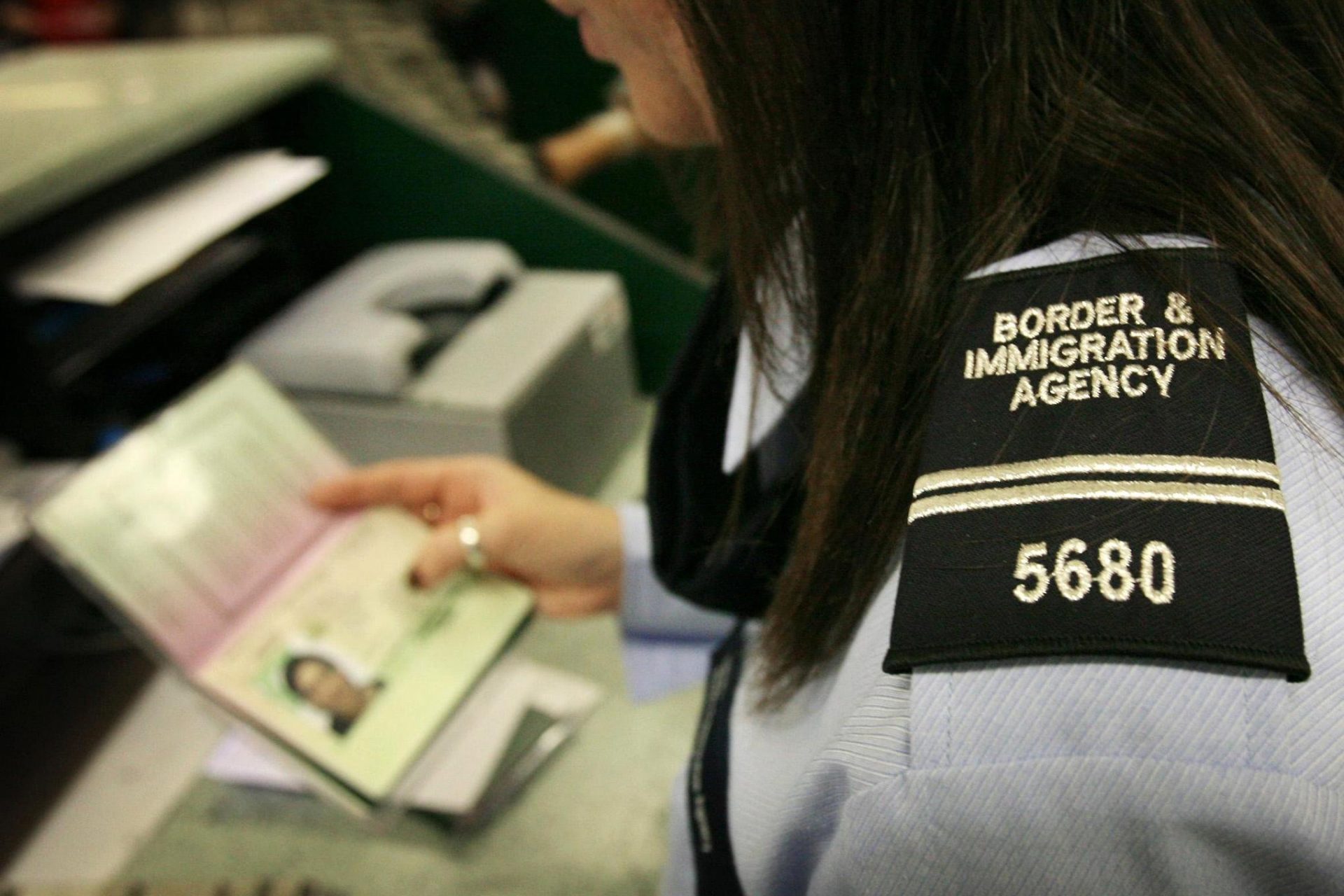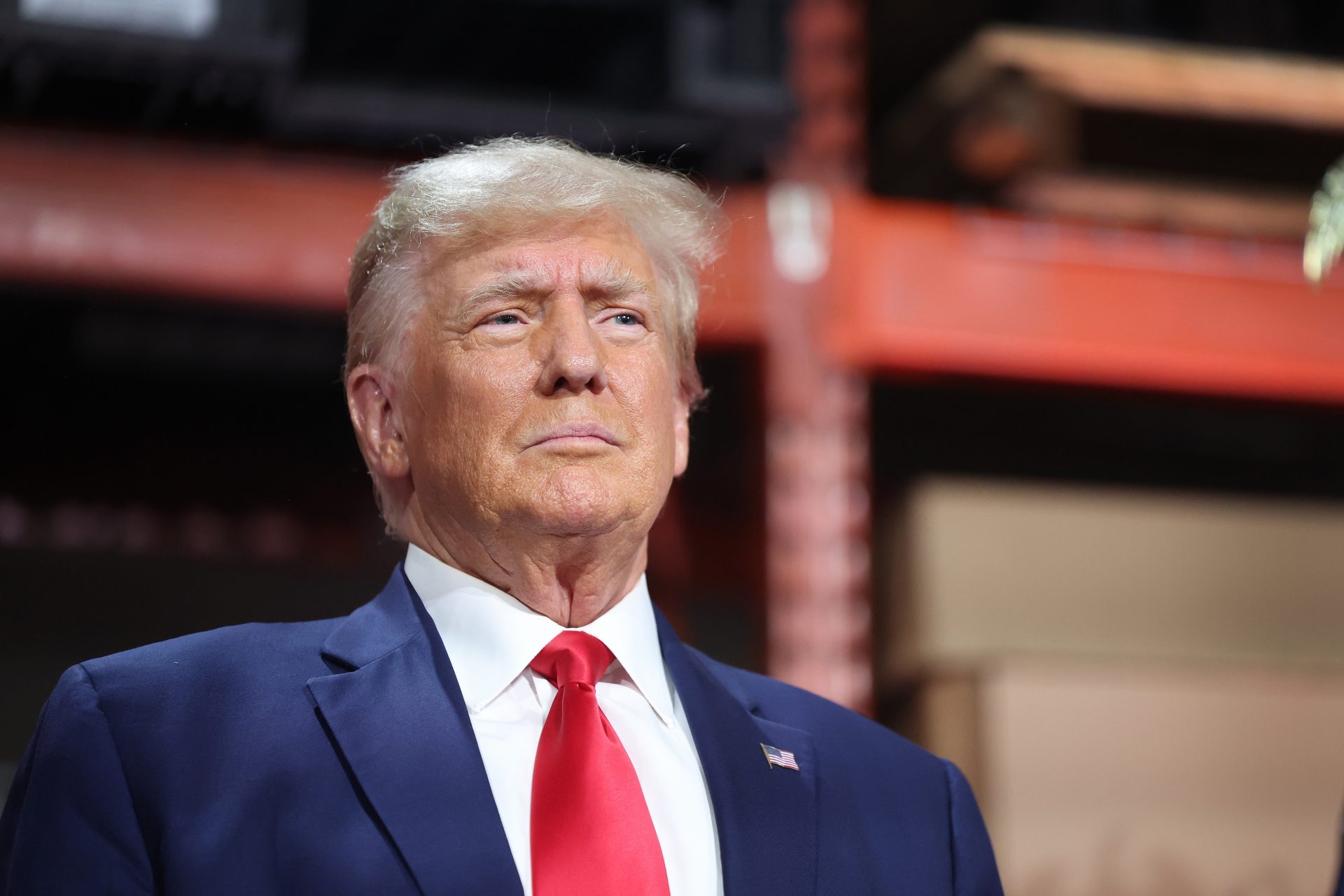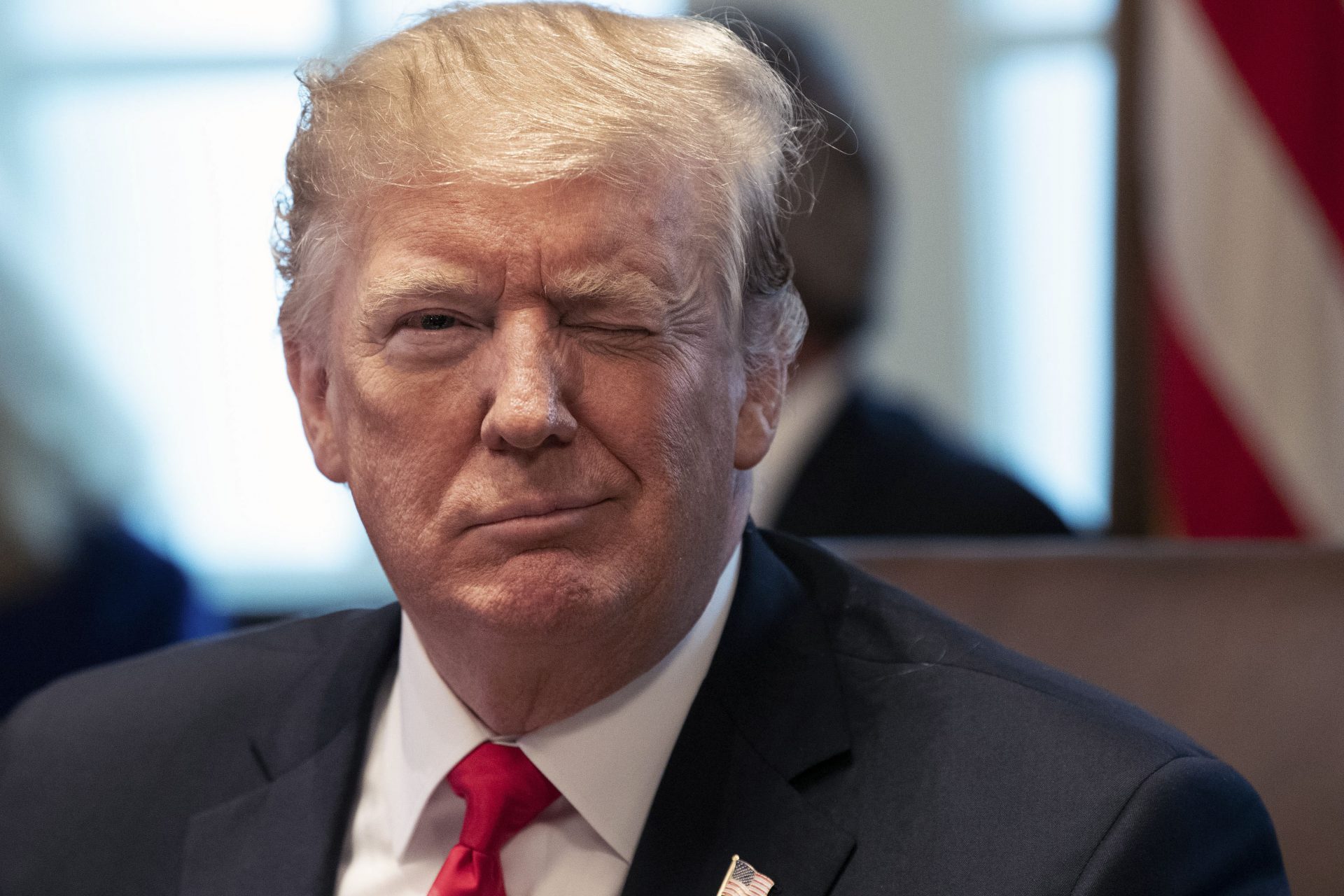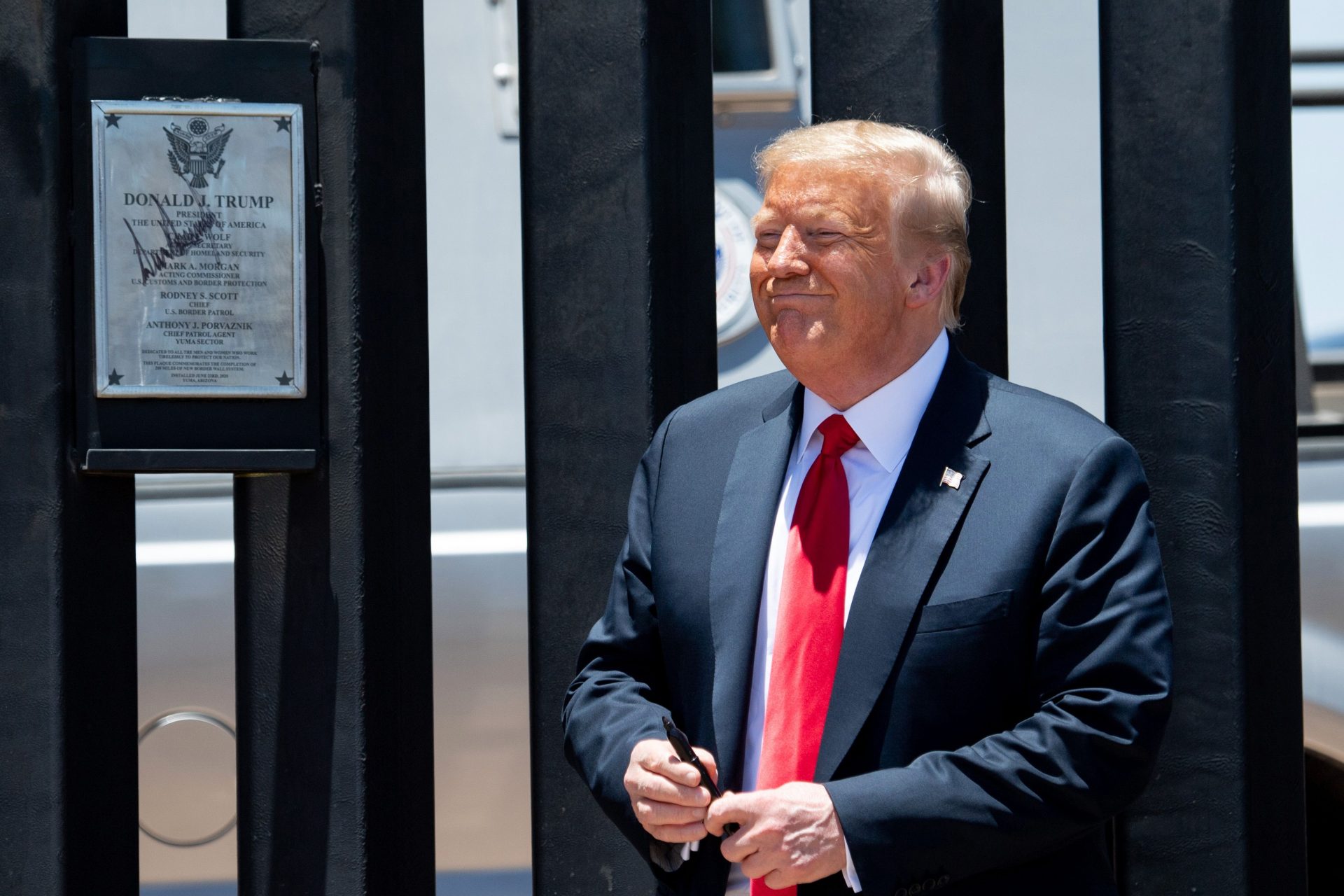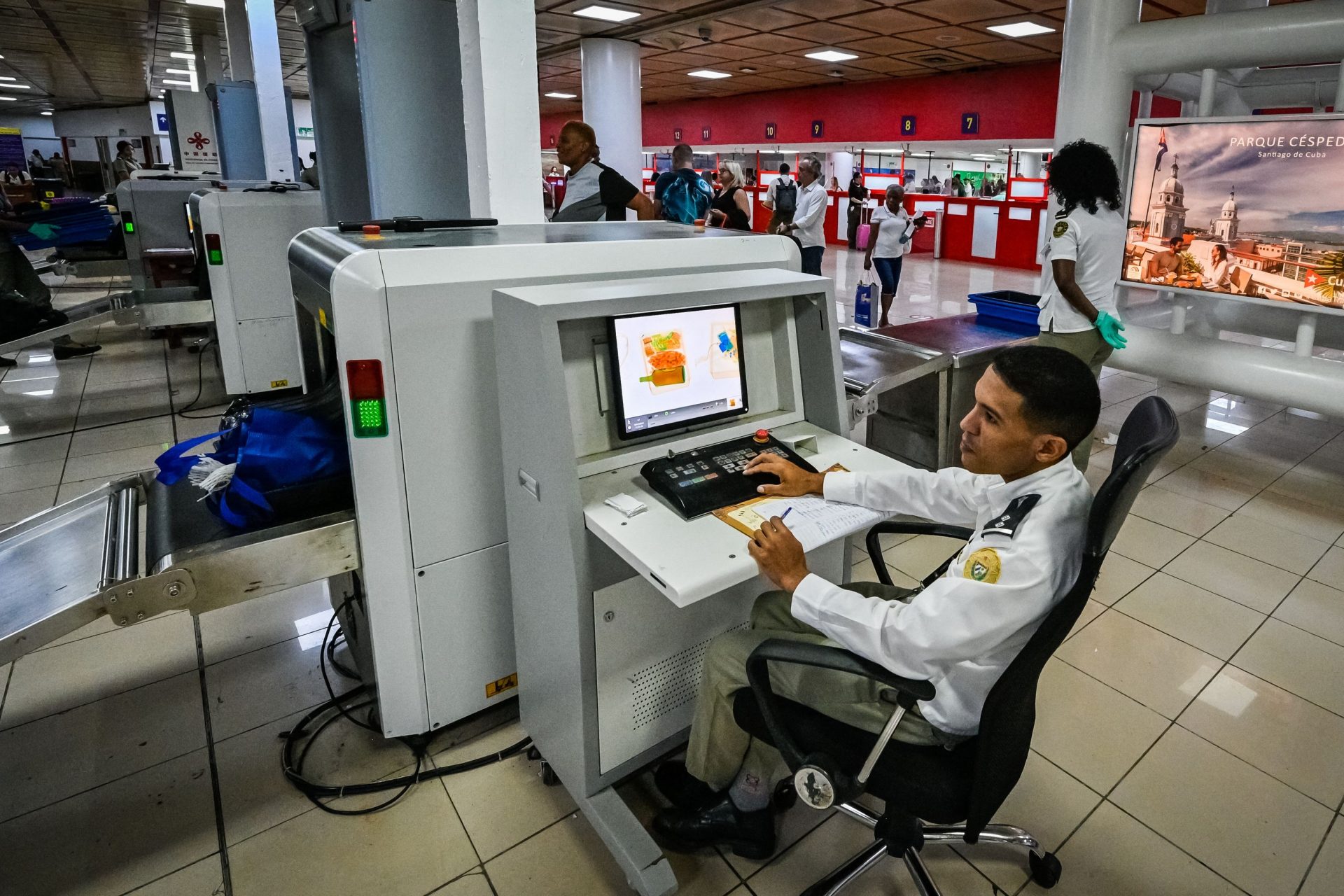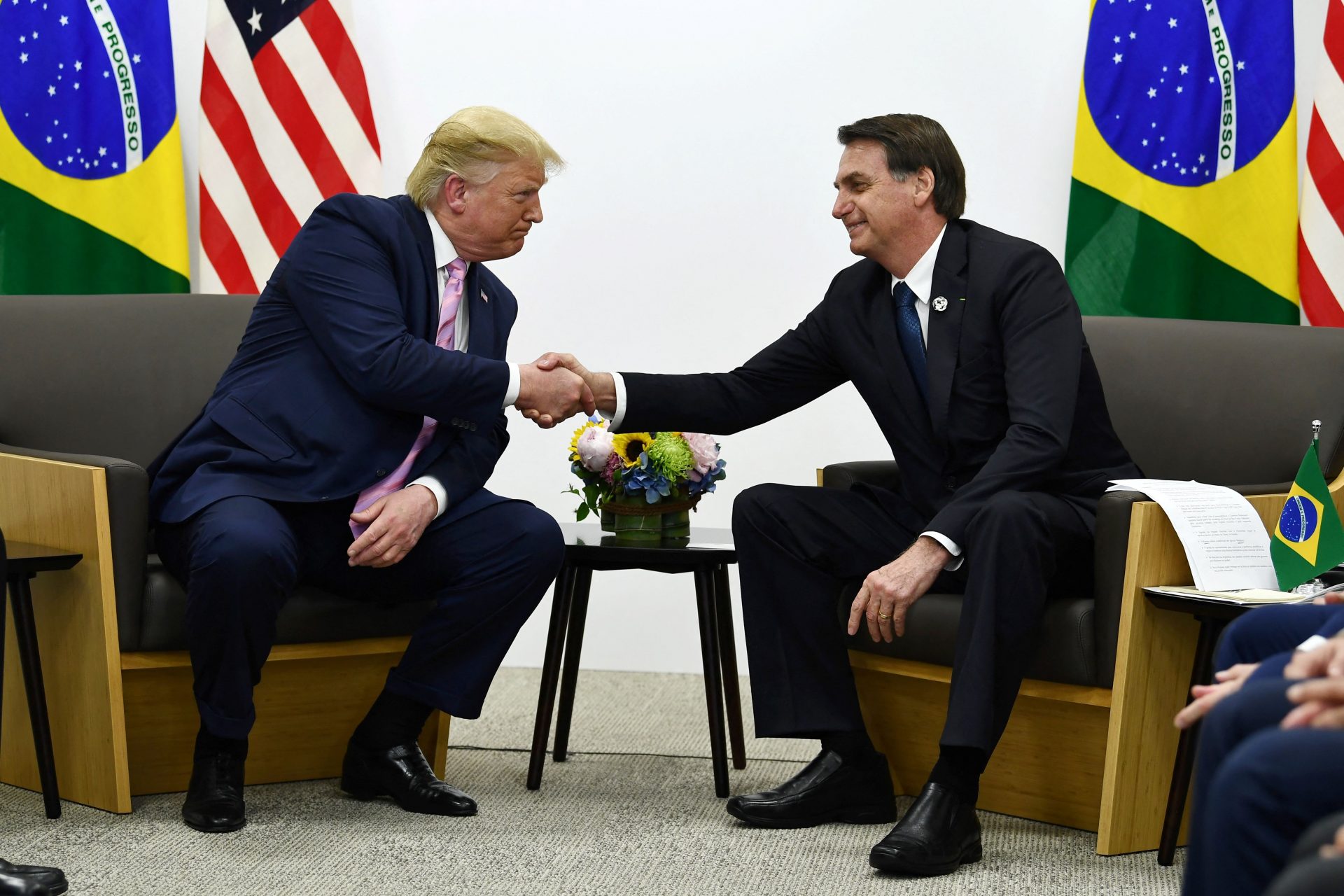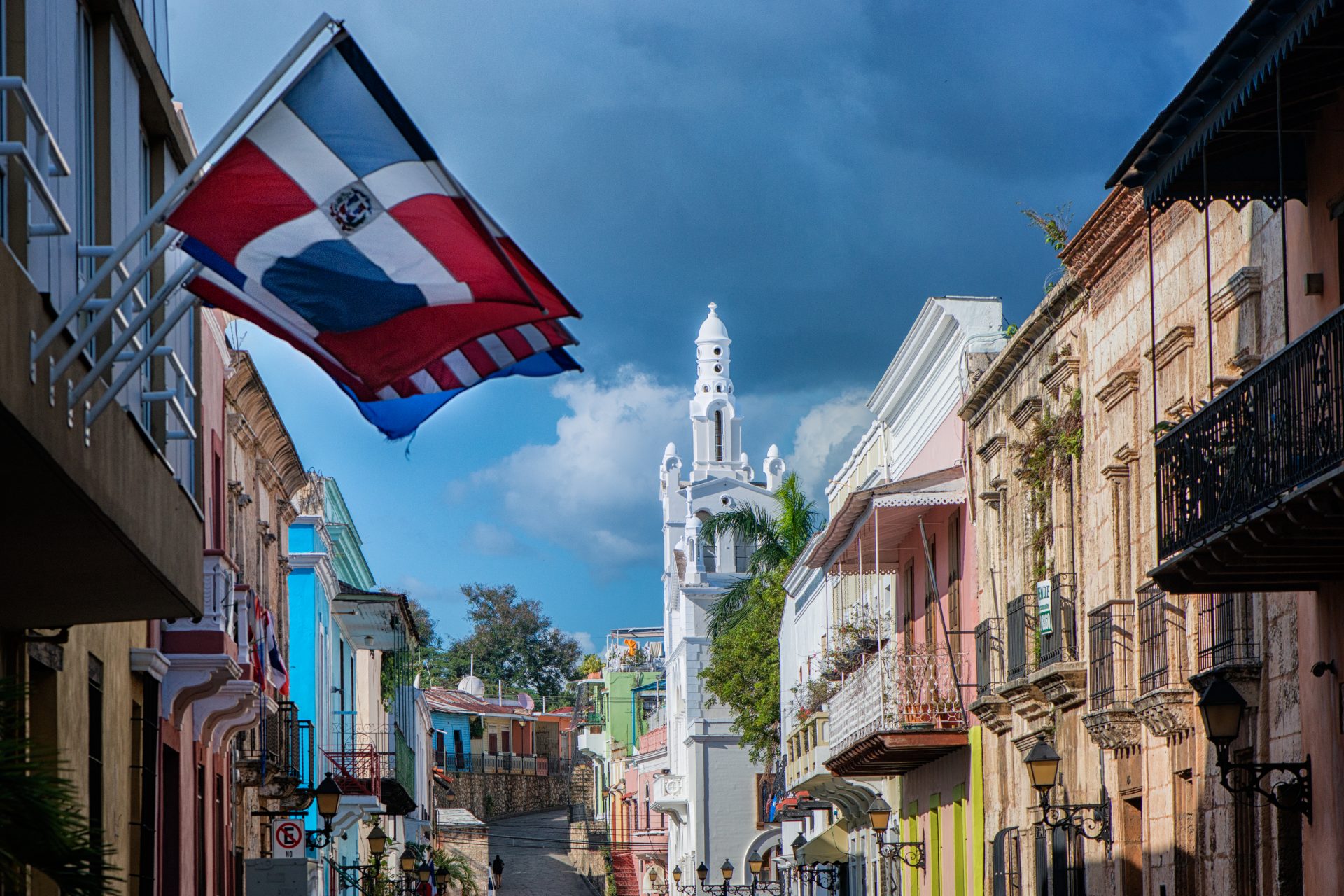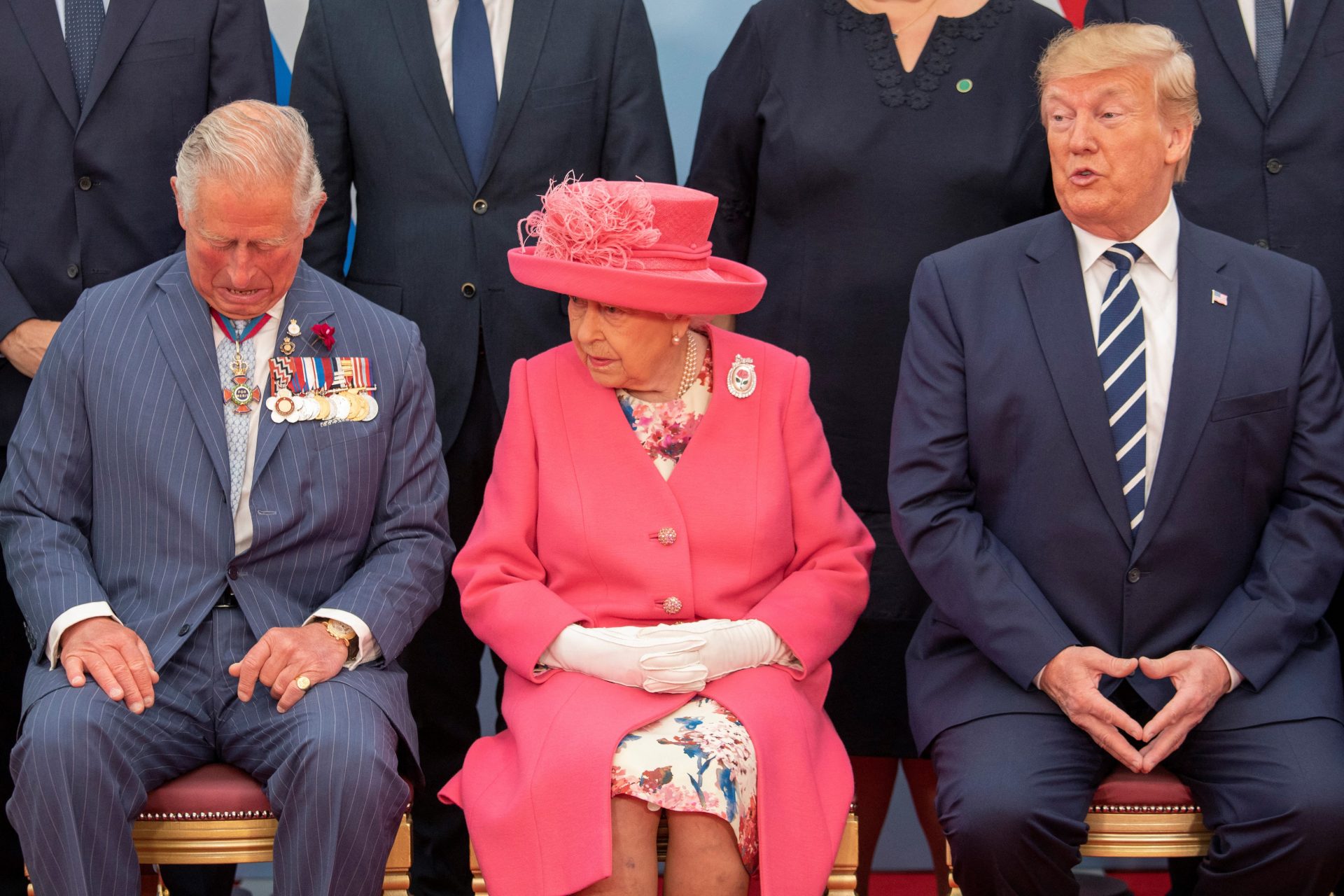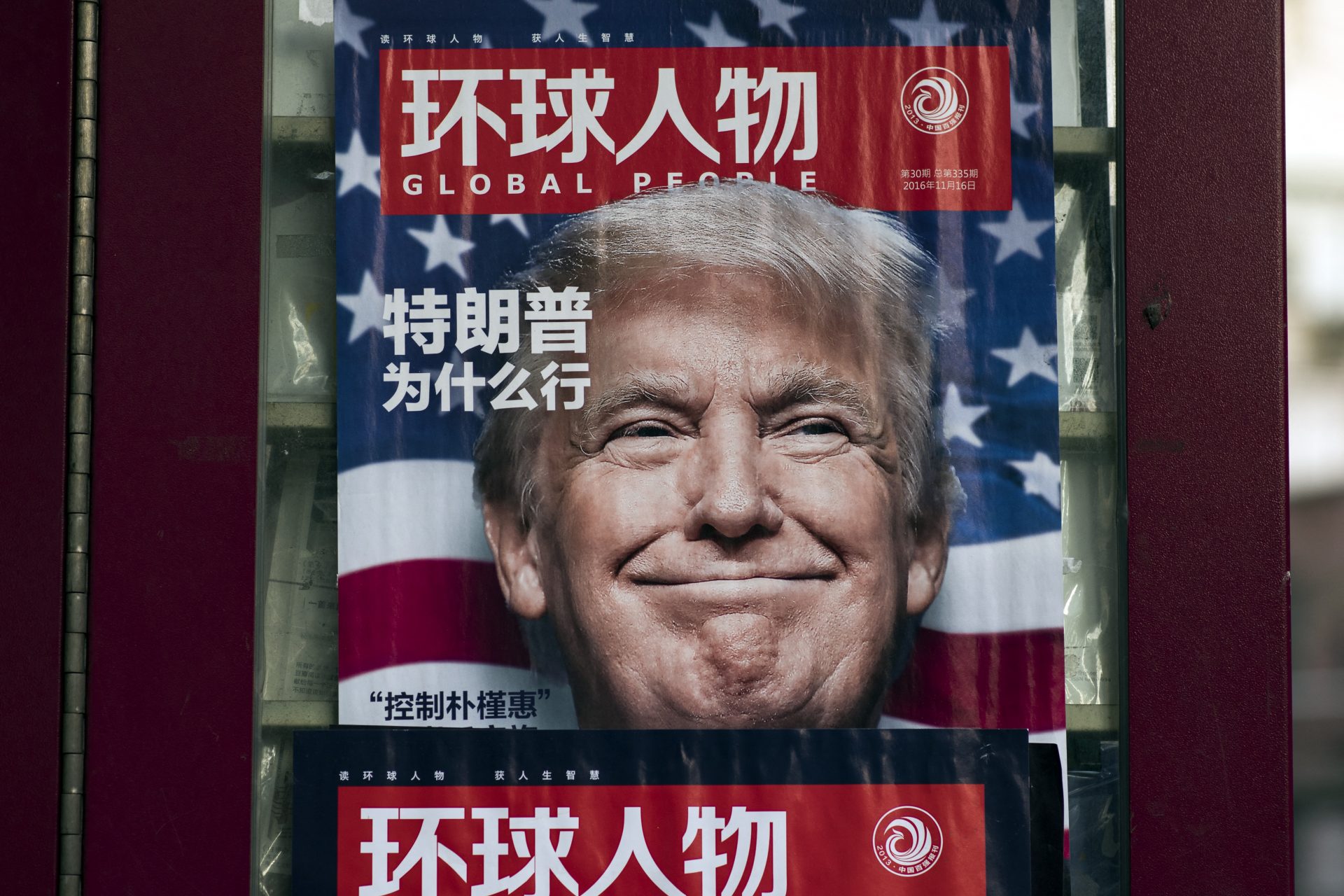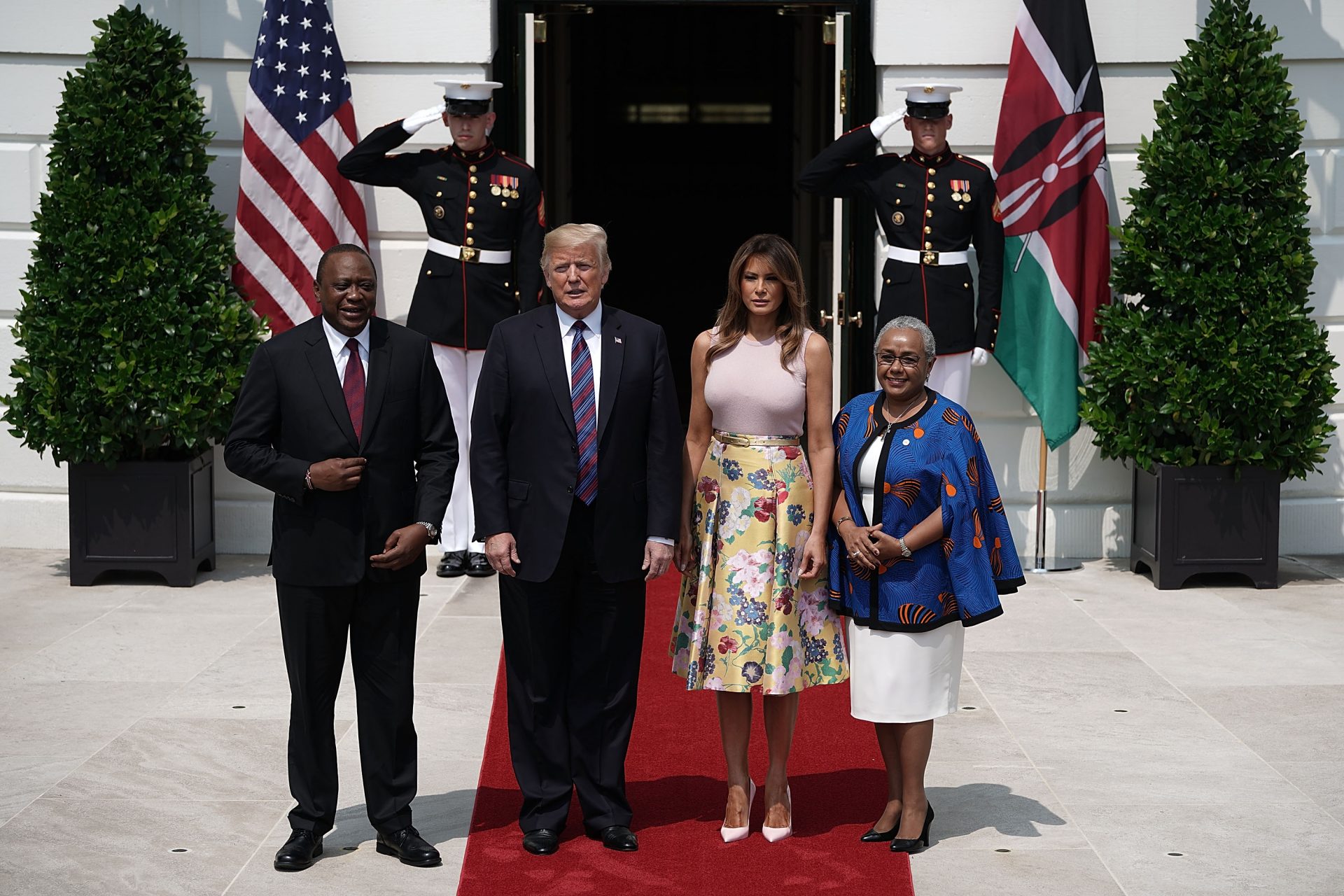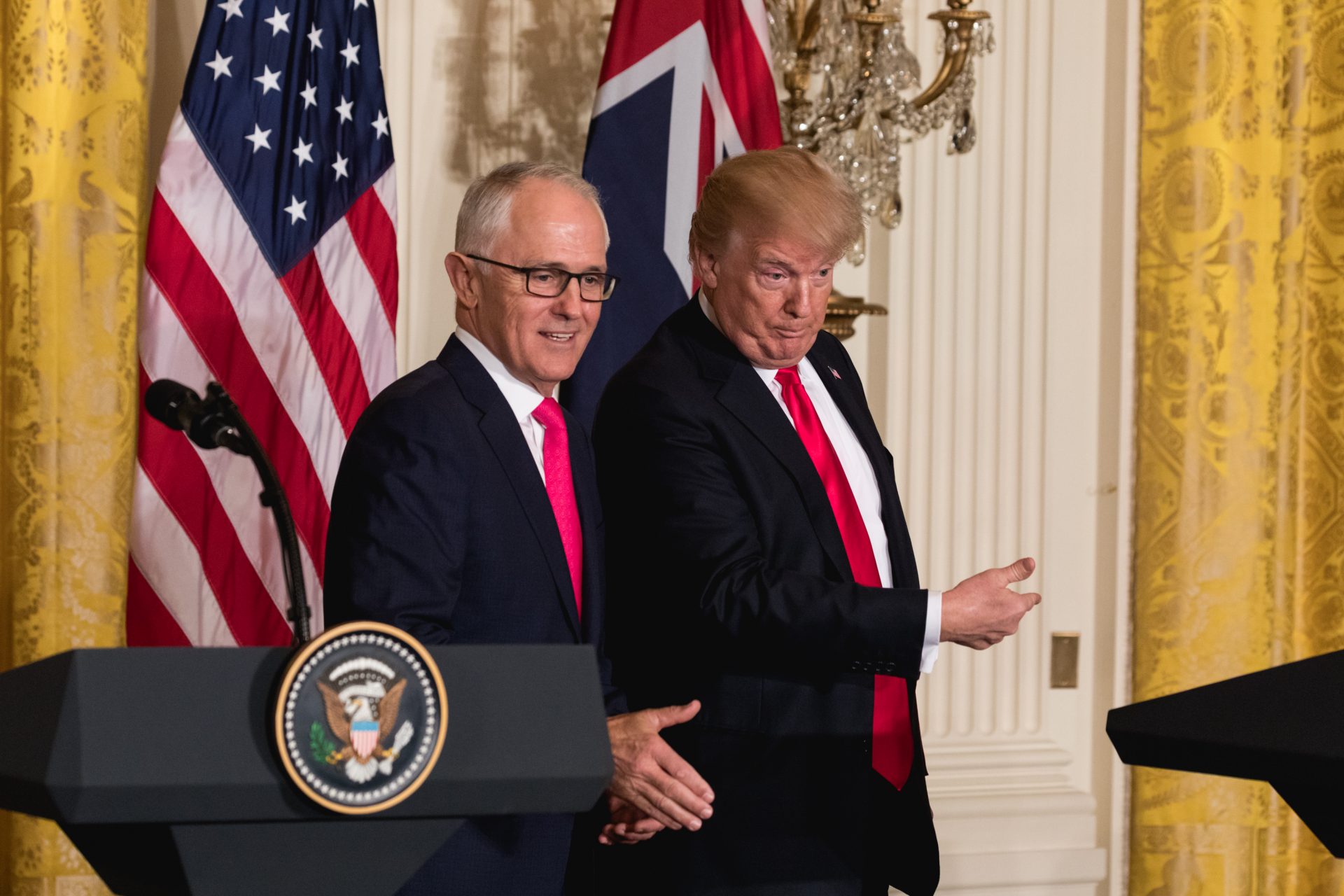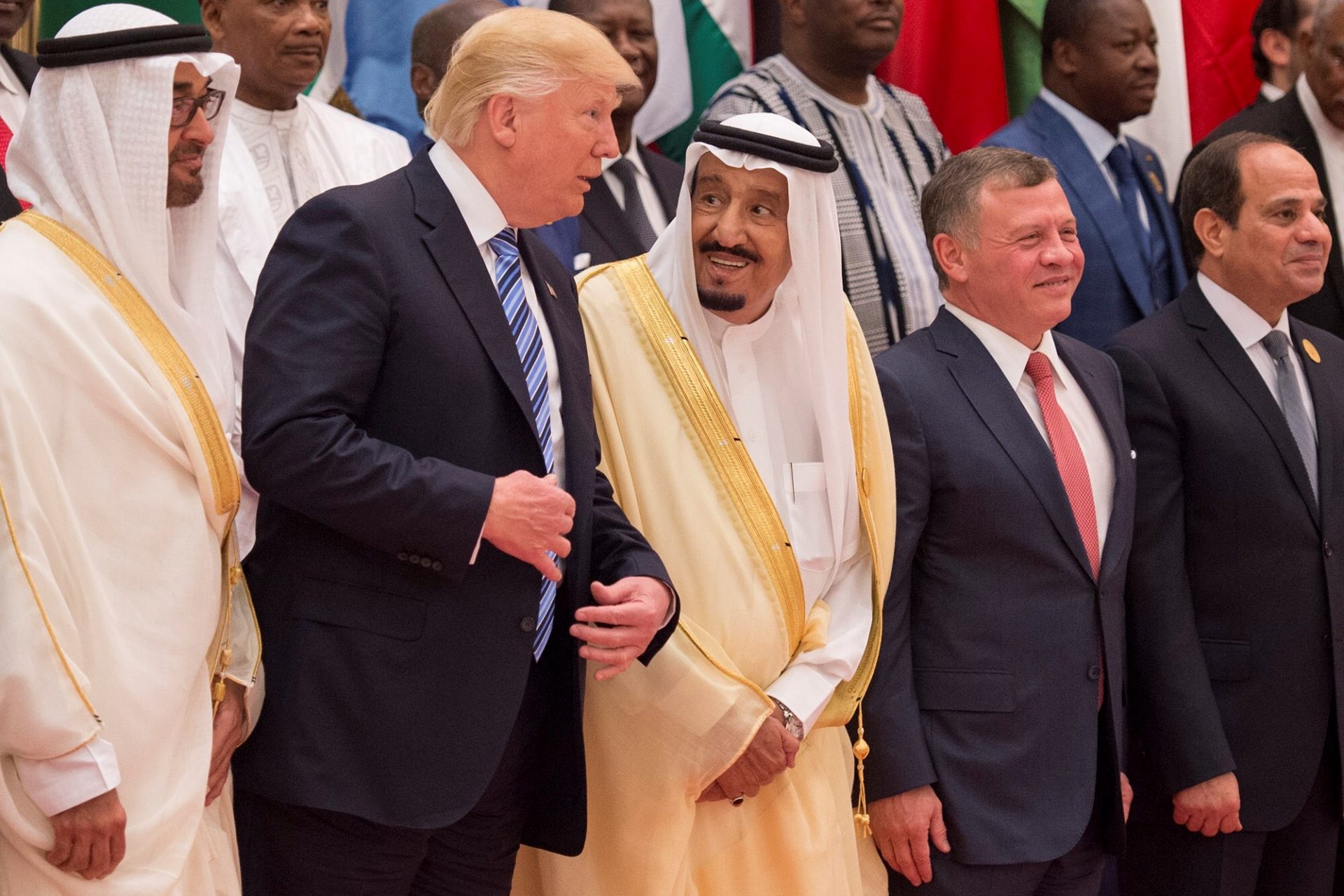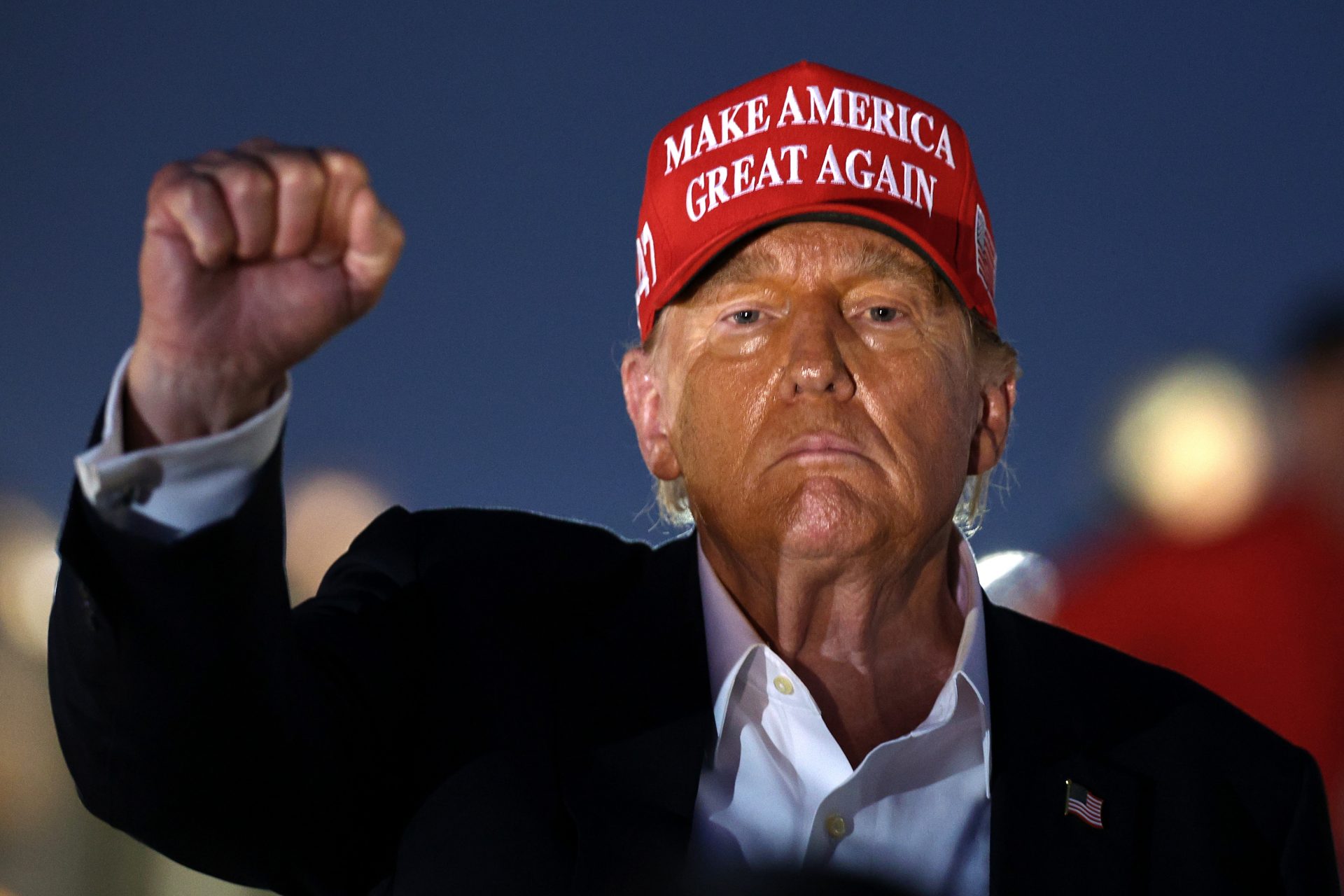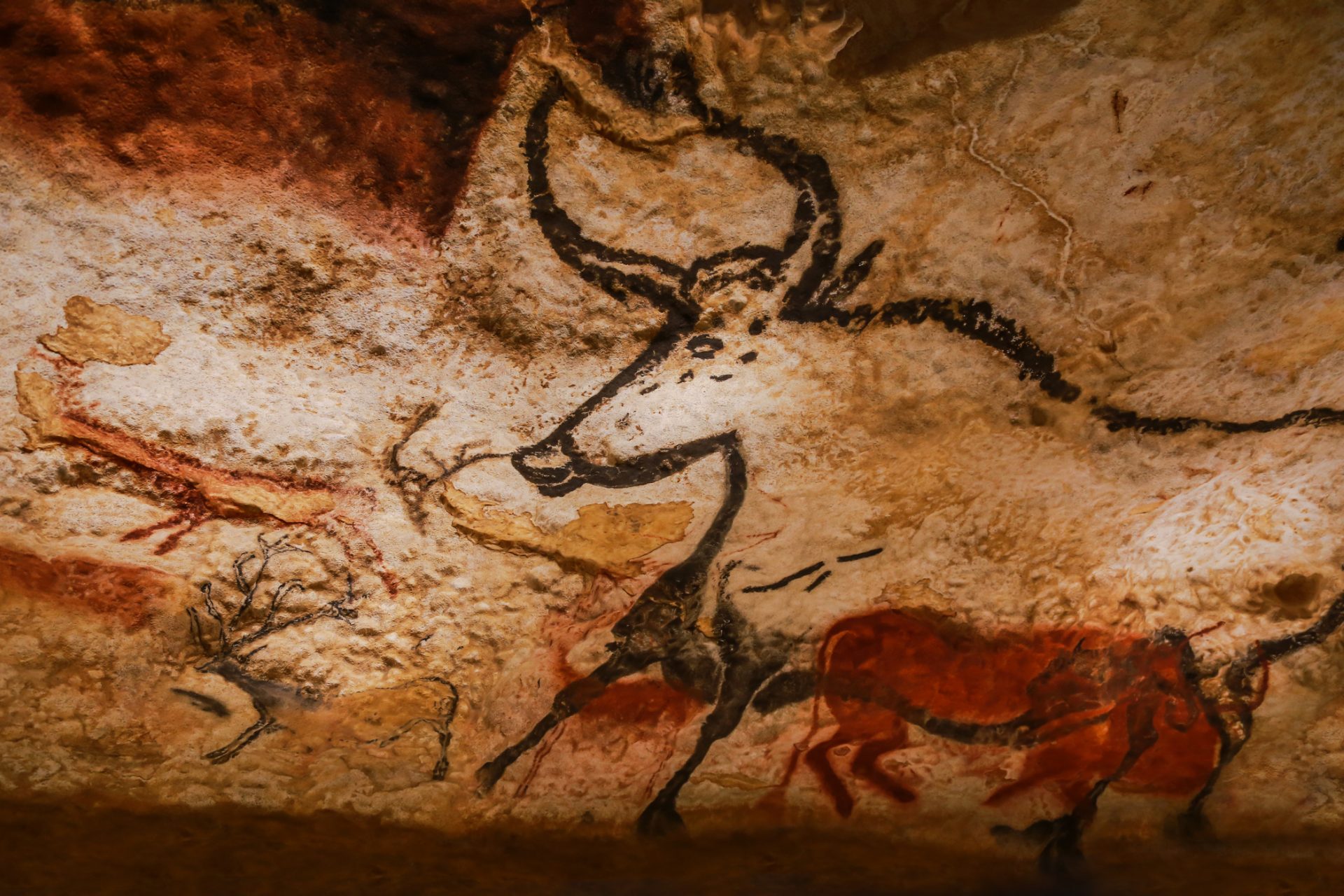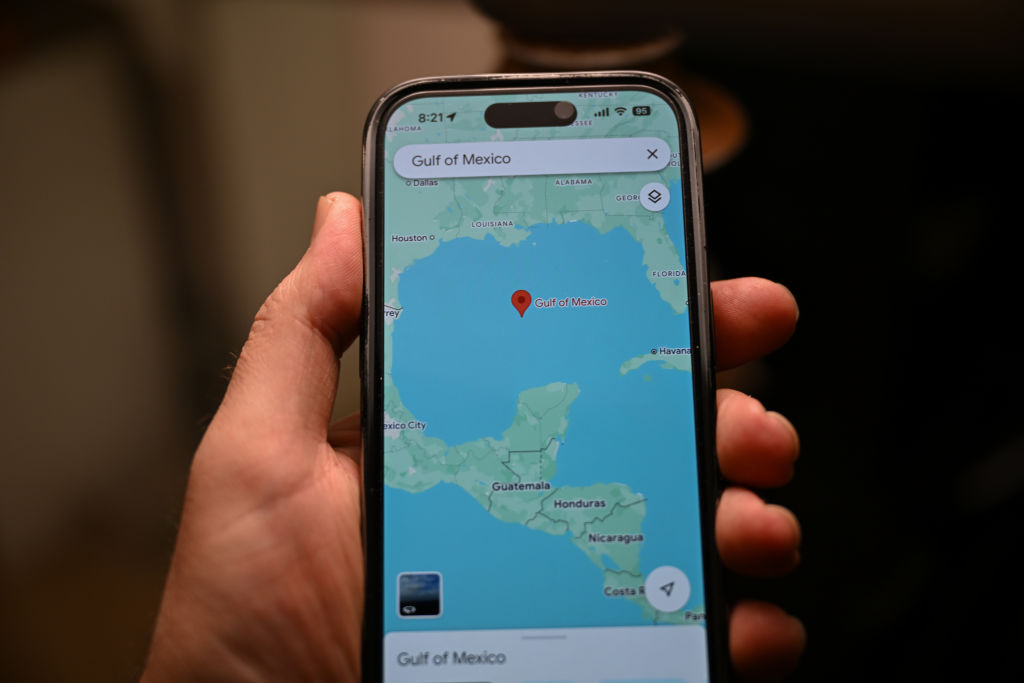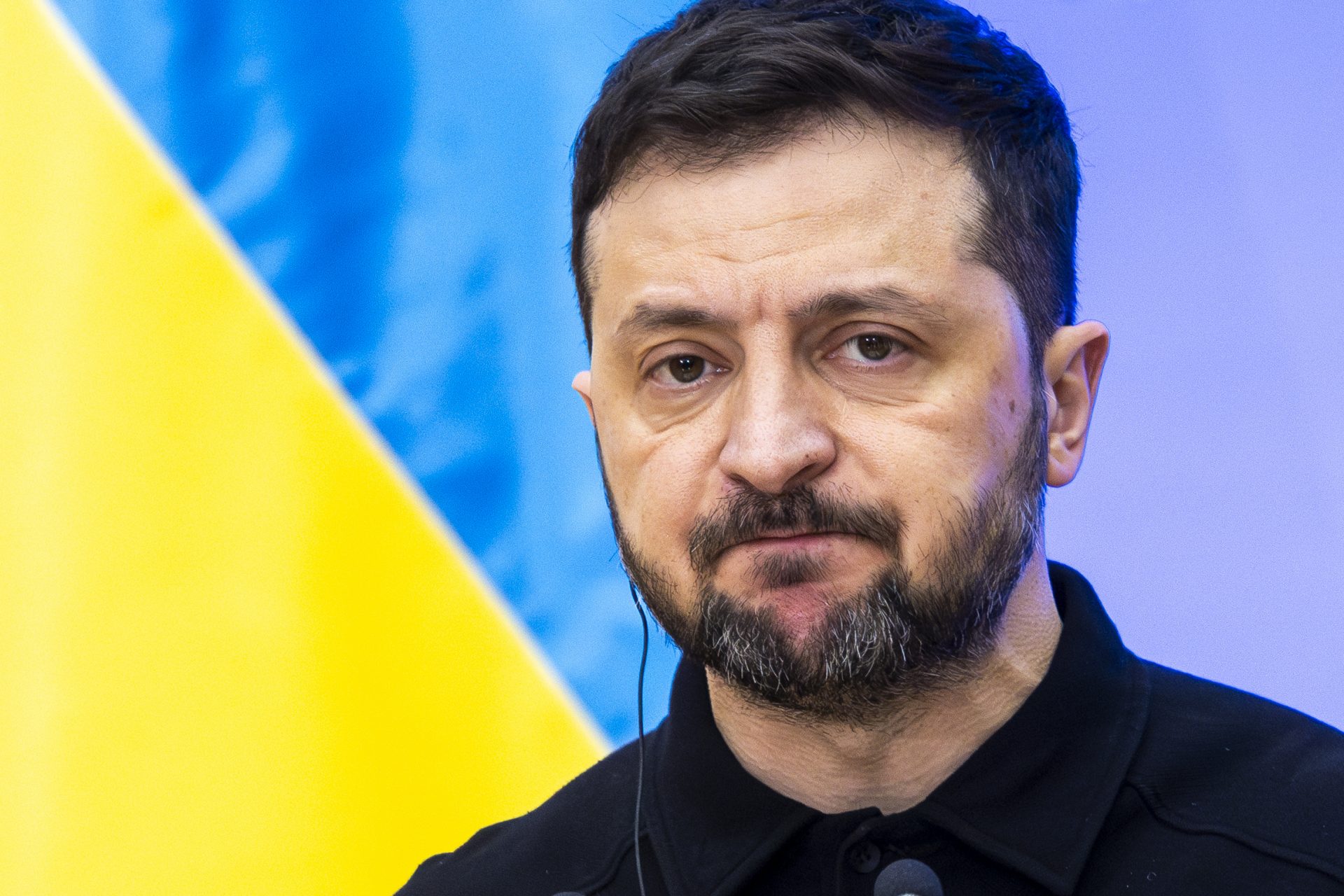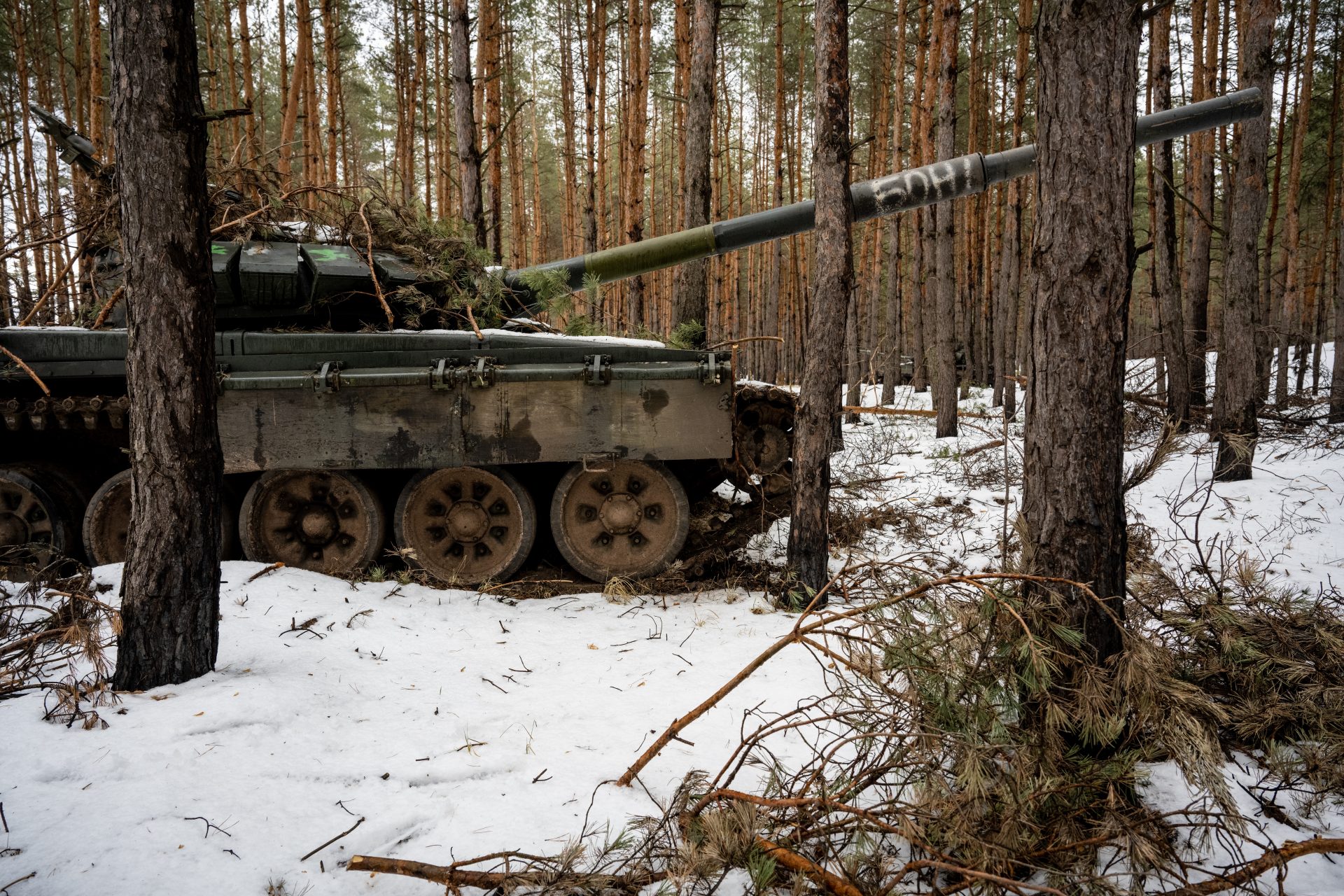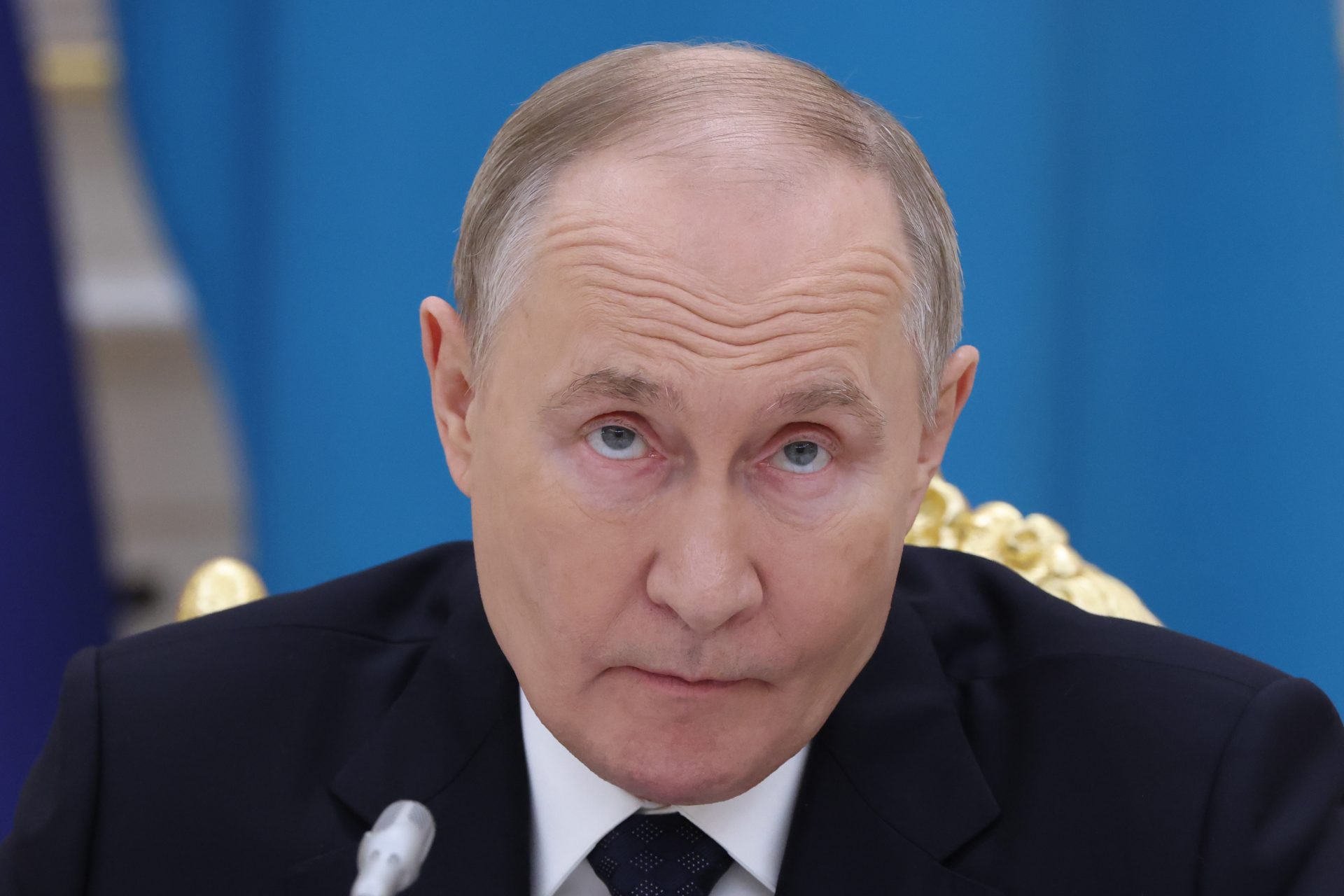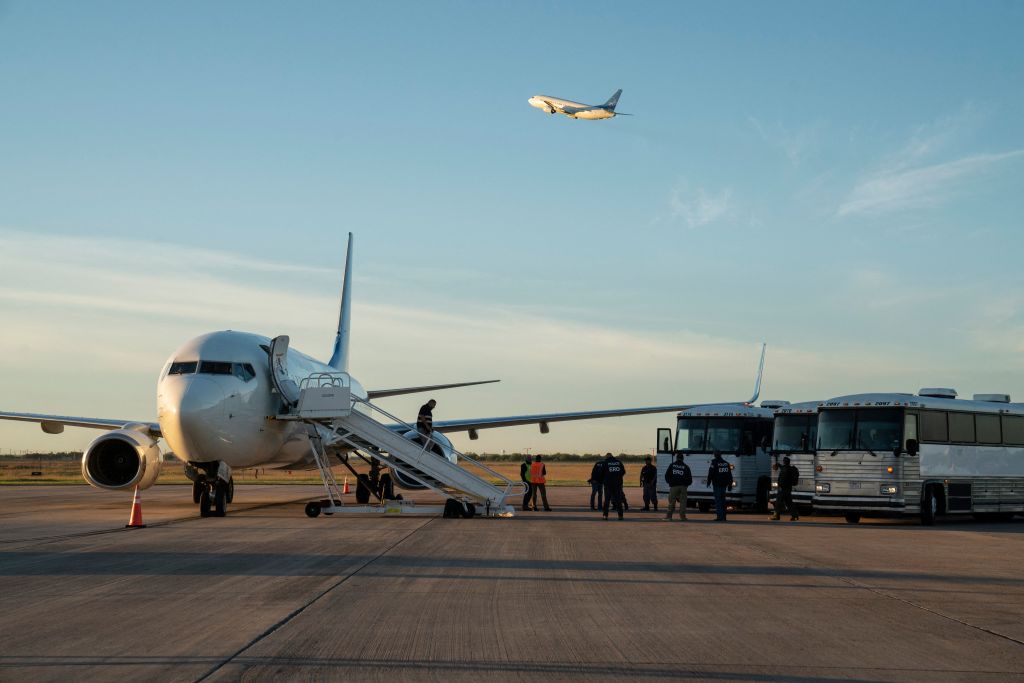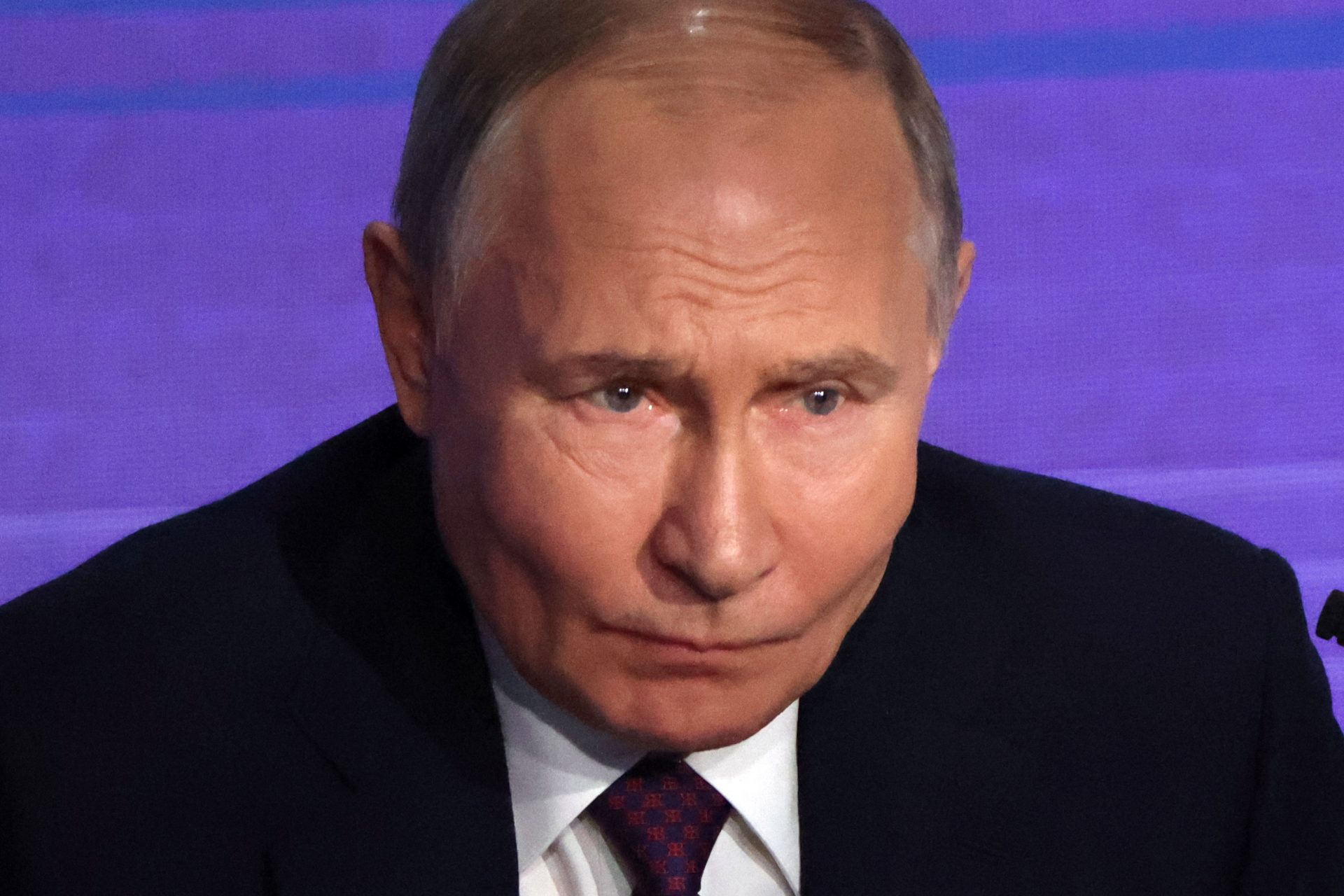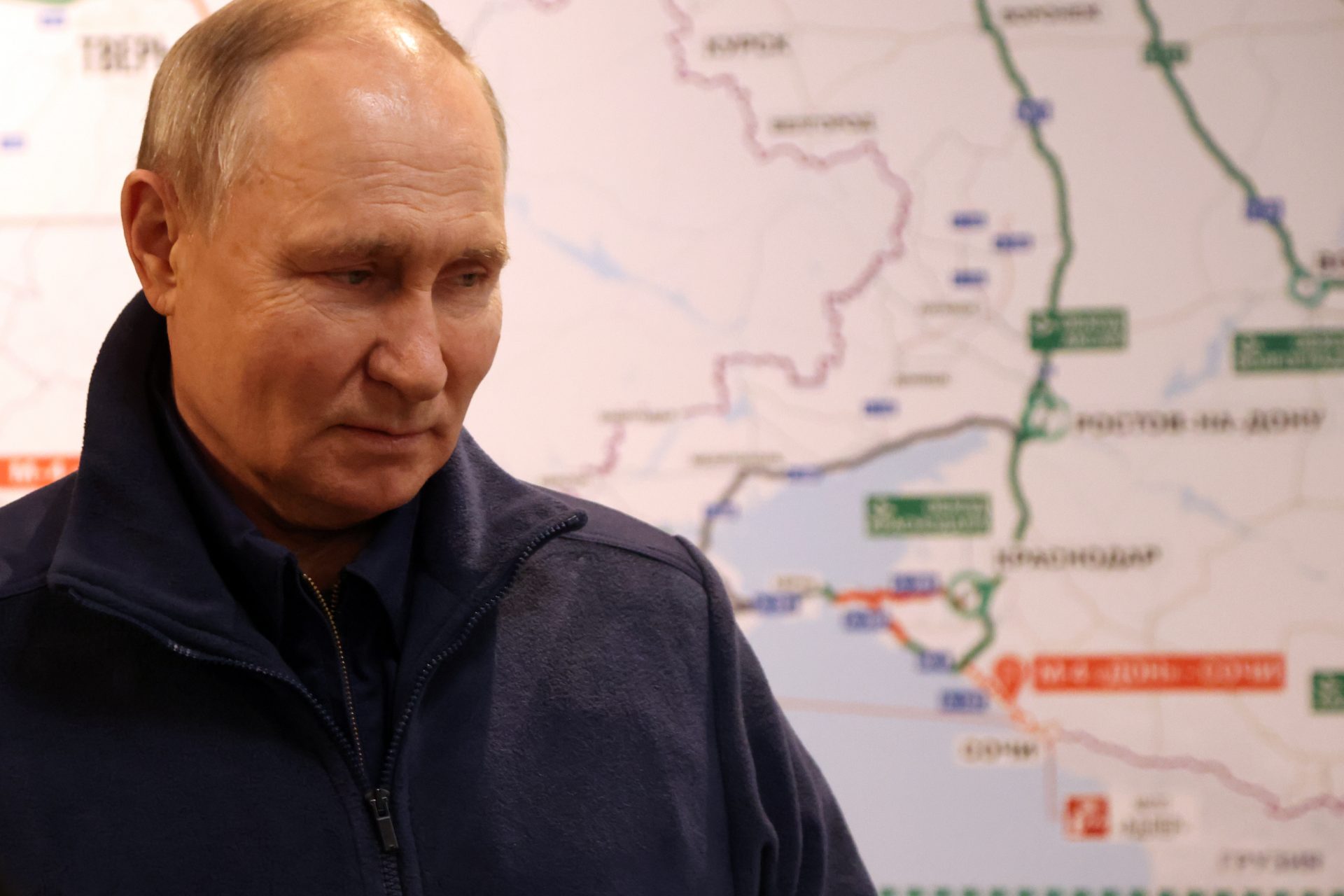Convicted felons cannot travel to these countries: will President Trump be allowed in?
Following his re-election, President Donald Trump may encounter challenges in executing his diplomatic responsibilities due to his conviction as a felon. This legal status could restrict his access to various countries, thereby complicating his fulfillment of international obligations.
Following his re-election, President Donald Trump faces potential difficulties in carrying out his diplomatic duties due to his status as a convicted felon. This legal condition may limit his ability to travel to several countries, thus posing challenges to his ability to meet international commitments.
According to World Population Review, many countries bar convicted felons from entry. Thirty-eight nations, including the United States, ban convicted felons outright from entering their countries.
As reported by People magazine, the bans are enforced even if the convicted individual is still allowed to retain their passport. This could potentially make Donald Trump's political life significantly more challenging when he returns to the White House, adding a layer of uncertainty to his future.
However, it is true that in some cases, the international government may decide to make an exception for Donald Trump, particularly if he requested special permission to visit the country as the president of the United States.
Ironically, Trump himself has often called foreigners coming to the United States criminals, and now he himself will be a foreign convicted criminal hoping to enter another country.
Regardless, the list of countries that ban convicted felons from visiting is extensive, and many of these countries are either US allies or nations crucial for Trump's foreign policy engagements. This situation could significantly impact Trump's international relations. Click on to see all the countries Trump is banned from visiting.
Both Canada and Mexico ban convicted felons from entering the country. These countries are the United States' closest neighbors, so it could really make life difficult for Trump.
Technically Cuba is considered part of North America, and Trump likely wouldn't be traveling there, but even if he wanted to, he would be banned from entry.
There are four countries in South America that ban convicted felons from entry: Argentina, Brazil, Chile, and Peru.
While not technically in South America, the Dominican Republic also isn't interested in receiving criminals and bans convicts from entering.
Donald Trump, surprisingly can visit most European countries as a convicted felon. However, there are a few countries where he is banned, including the United Kingdom and Ireland, both close US allies. In addition he won't be able to visit Turkey or Ukraine.
When it comes to Asia, things are pretty strict, and there are very few countries that Trump could travel to. Convicted felons are banned from: Cambodia, China, Hong Kong, India, Indonesia, Japan, Malaysia, Macao, Philippines, Singapore, Nepal, South Korea, and Taiwan.
Trump may have to cancel any plans to go on an African safari in the future. As a convicted felon he is persona non grata in Kenya, Morocco, South Africa, Tanzania, and Tunisia.
Trump's political life, if elected, would be further complicated by the inability to make diplomatic trips to visit American allies Australia and New Zealand as both countries have bans on felons entering.
And when it comes to the Middle East Trump is banned from entering Egypt, Iran, the United Arab Emirates, and I s r a e l. However, we think I s r a e l would likely make an exception for Trump, as the country's leader has his own legal troubles, the president of I s r a e l is wanted by the ICC.
Of course, if Trump does win in November, we have a pretty good feeling one of the first things he will attempt to do is give himself a clean slate by granting his own presidential pardon. That's too bad because it would have been fun seeing him suffer trying to enter all those countries.
See also: Could Trump pardon himself as president?
More for you
Top Stories





